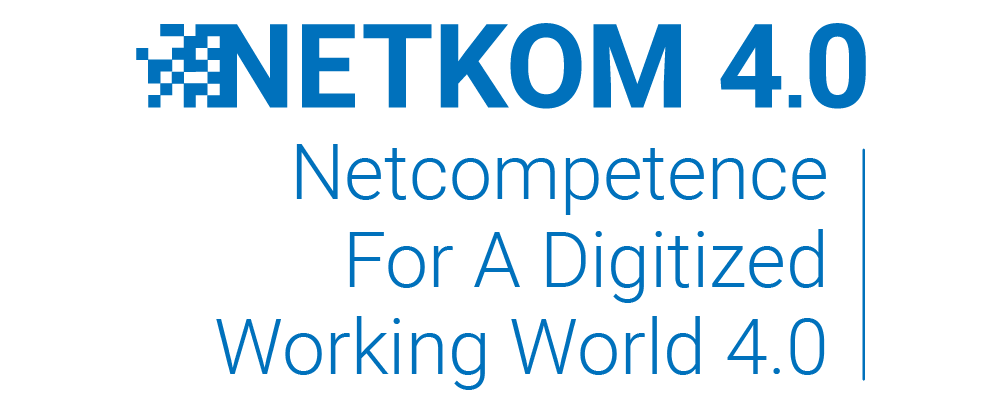The digitalisation of the world of work, especially in the context of Industry 4.0 and a new digital learning culture, requires enhanced competences among learners. In addition to specific professional core competences, skilled workers must also have broad, interdisciplinary competences in order to successfully meet the changes in industrial production and in society. This implies correspondingly professional teachers who prepare young people for the professional requirements in the best possible way within the framework of education and training. In this context, teachers are faced with the challenges of, on the one hand, opening up the dynamic development of technologies for themselves and, on the other hand, establishing suitable learning implementation concepts in the educational programmes.
For this reason, the Strategic Partnership of five European countries (Norway, Germany, Lithuania, Austria and Portugal) has set itself the common goal of developing and testing new approaches to professionalising teachers in European vocational education and training in the context of Industry 4.0.
To this end, each partner institution develops "good practice" learning concepts based on its individual experience.
In a second step, corresponding subject teachers from all partners learn these diverse teaching implementations in joint training events according to the concept of the pedagogical double-decker, in which the teachers themselves become the learners in order to develop an independent learning experience. Here, an intensive exchange is expected on both the professional and the pedagogical level. It is hoped that this form of teacher professionalisation will have a more lasting effect than conventional formats and that the concepts will flow into the relevant partner institutions. It can also be transferred as a further training concept to other areas.
The Strategic Partnership provides recommendations for action/guidelines and learning materials for the "good practice" learning concepts.
